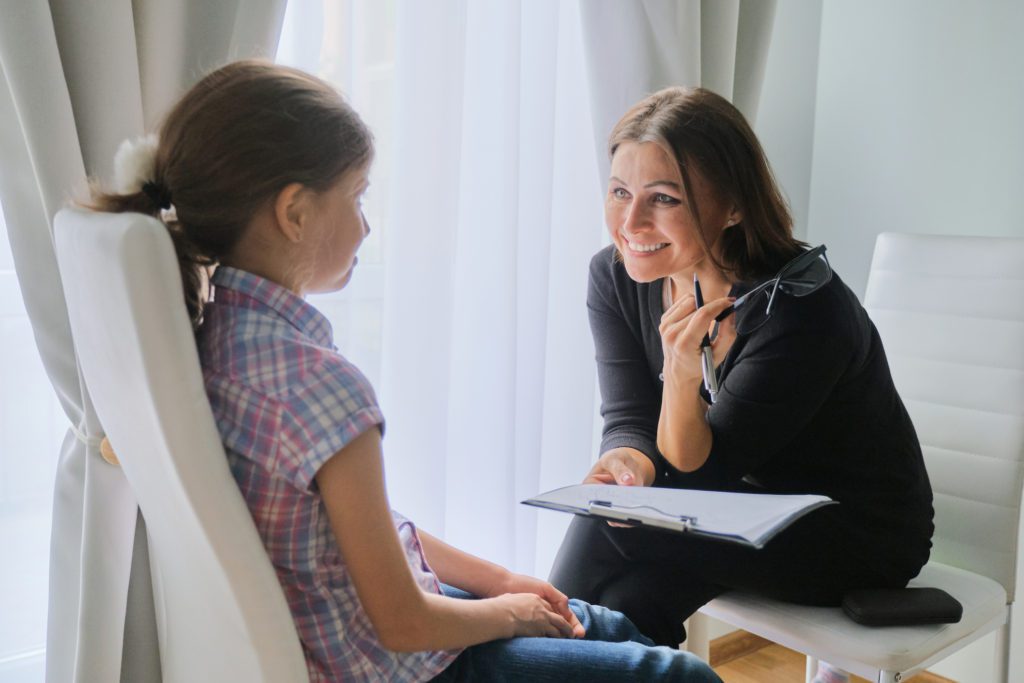Preparing Your Child for Their First Therapy Session

You have decided to take your child to therapy. Awesome! However, there is a problem: Your child does not want to go. Some children may not want to go because they believe they do not need therapy. Some may not want to go simply because they believe it will be boring. If your child is refusing to go to therapy, here are some things you can do so your child can still benefit from it.
Tell your child the reason you are taking them to therapy. If a child does not understand the purpose for doing something, they will lack the motivation to do it. You can briefly tell them what positive changes you are hoping therapy will accomplish. Some examples are improve focusing in school and lower feelings of anxiety.
Let your child know therapy is a safe space to express their thoughts and feelings. When working with a therapist, your child will have an opportunity to express their thoughts and feelings in a judgment-free zone. Their sessions are private and confidential, meaning the therapist does not tell others what is said in sessions. You can tell your child that sometimes talking about something can help you feel better.
Therapy can be fun. Therapists will incorporate various fun and engaging activities into therapy such as games and craft activities. Encourage your child to tell the therapist about activities they enjoy so that the therapist may be able to incorporate some of those activities into their therapy sessions.
Consider doing family sessions. Doing family therapy sessions can be just as effective and, in some cases, more effective than individual therapy.
Talk to the therapist about your child’s resistance to therapy. If your child is highly anxious about coming, express your concerns to the therapist during your first meeting. The therapist can give you tips to help your child manage their anxiety about coming to sessions.
Give your child some tips for talking to the therapist. Let your child know that they can ask the counselor any questions they have about therapy. A therapist will never force them to talk, but in order for them to start feeling better, it is helpful to express their feelings to the counselor. It can help to talk about things you are interested in, like what you did over the weekend, or things you enjoy, such as your favorite sport or movie. If you do not want to talk, just tell the therapist that you do not feel like talking about that right now. It can feel awkward at first, but as you go and get to know the therapist, you will start to feel more comfortable. Your first session will be a get-to-know-you session. The therapist will be asking some questions to get to know you better. For younger children, they will normally be playing with toys and games during their sessions.
Take deep breaths. Taking a deep breath can help with calming nerves.
Do not tell your child too far in advance. If your child is prone to anxiety when going into new situations, consider not telling them more than 2 days in advance.



